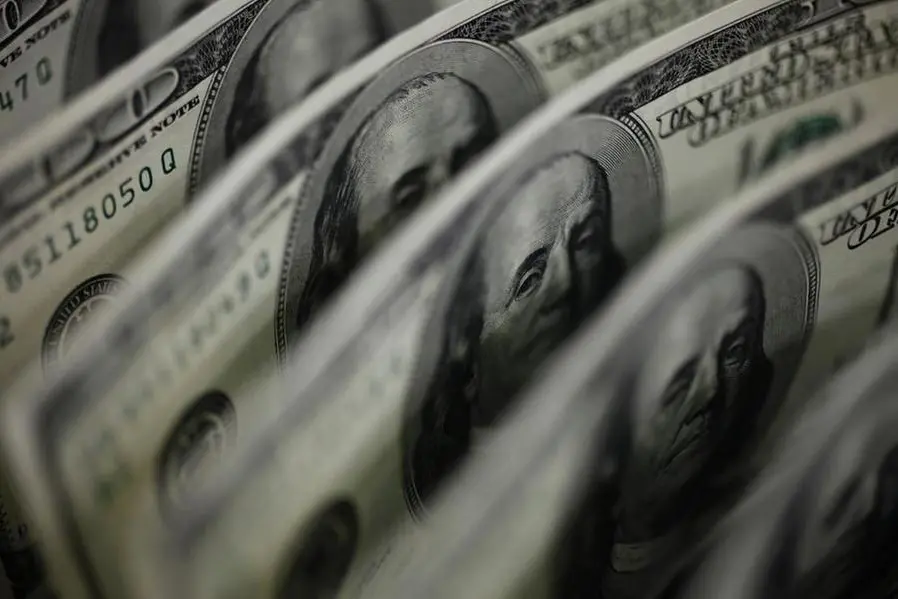PHOTO
U.S. junk-bond offerings have spiked in recent weeks on the back of strong demand from investors looking to boost their returns buying the risky yet high-yielding debt.
But that demand is coming with a touch of caution: Unlike recent years, investors are asking for more protection through financial covenants and collateral in new bond offerings, analysts and investors said.
Twelve high-yield issuers have raised $9.6 billion this week, making it the busiest week since November 2021, according to JPMorgan. Of this, some 55% comprised bonds secured by a company's assets.
Of a total $121 billion in new junk bond supply so far this year, 55% was secured. This stands in stark contrast to the same period in 2022, when only 25% of a total $81 billion was secured debt, according to Informa Global Markets data.
The rise in protection is a sign of investors' caution when buying risky debt, as a higher-for-longer interest rate environment raises the default risk for companies, investors told Reuters.
According to rating agency Fitch, junk debt defaults are expected to reach 4.5% of all outstanding U.S. junk debt by the end of 2023, up from 2.8% in July.
The rise in protections also shows investors have had more influence on how new debt should be structured.
"When interest rates were super low, the issuer was able to prevail on many things," said Anthony Canale, global head of research at Covenant Review. "It was an issuer's market, and now it's shifted the other way."
"Now we're seeing new deals actually have relatively strong covenants (structural protections for bondholders)," he added, pointing to greater restrictions on things like dividend payments or investments.
The extra level of protection and high investment returns are ensuring strong demand for new junk debt.
"Quite frankly, we are in the camp that this is a pretty interesting time to extend credit in the primary market, because of the terms that you’re able to negotiate," said Brian Gelfand, co-head of global credit at asset manager TCW.
"All-in yields are, on a historical basis, quite attractive [as is] the ability to push back on the margin on covenants and other structural terms," he added.
The ICE BofA High Yield Index had total year-to-date returns of 7.25%, while the Morningstar LSTA U.S. Leveraged Loan 100 Index returned 9.66%. In comparison, the ICE BofA Corporate Index, which tracks investment-grade bonds, has seen a 2.01% total return so far this year.
More supply of new junk debt, including that backing recently announced leveraged buyouts, is expected to lift overall issuance volume of bonds and loans to $20 billion or more this month, said some investors.
On Wednesday, a group of banks led by JPMorgan and Goldman Sachs held investor calls for $4.4 billion in term loans to fund merchant services provider Worldpay's buyout by GTCR, according to three investors.
The loans are part of a $9.4 billion debt package - the largest since last year's buyout of Twitter by billionaire Elon Musk.
In addition, two investors told Reuters, a Jefferies -led bank group began testing interest this week for a $1 billion term loan to help fund book publisher Simon & Schuster's $1.4 billion buyout by KKR.
JPMorgan, Goldman Sachs and Jefferies all declined comment.
(Reporting by Matt Tracy; Editing by Shankar Ramakrishnan and Hugh Lawson)





















